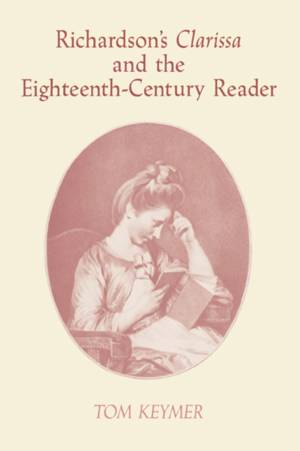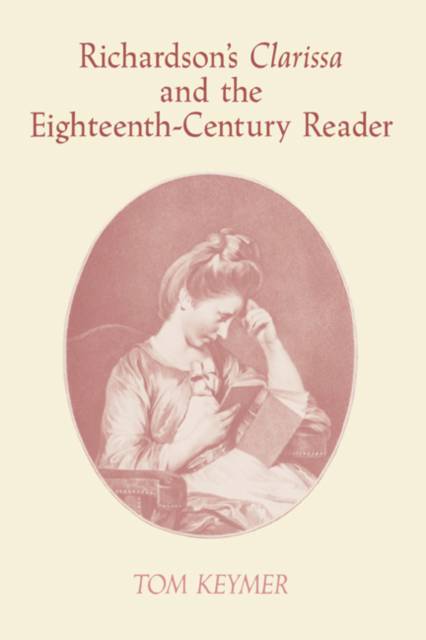
- Afhalen na 1 uur in een winkel met voorraad
- Gratis thuislevering in België vanaf € 30
- Ruim aanbod met 7 miljoen producten
- Afhalen na 1 uur in een winkel met voorraad
- Gratis thuislevering in België vanaf € 30
- Ruim aanbod met 7 miljoen producten
Zoeken
€ 83,95
+ 167 punten
Omschrijving
Written as a collection of letters in which very different accounts of the action are unsupervised by sustained authorial comment, Richardson's novel Clarissa offers an extreme example of the capacity of narrative to give the reader final responsibility for resolving or construing meaning. It is paradoxical then that its author was a writer committed to avowedly didactic goals. Tom Keymer counters the tendency of recent critics to suggest that Clarissa's textual indeterminacy defeats these goals by arguing that Richardson pursues subtler and more generous means of educating his readers by making them 'if not Authors, Carvers' of the text. Discussing Richardson's use of the epistolary form throughout his career, Keymer goes on to focus in detail on the three instalments in which Clarissa was first published, drawing on the documented responses of its first readers to illuminate his technique as a writer and set the novel in its contemporary ethical, political and ideological context.
Specificaties
Betrokkenen
- Auteur(s):
- Uitgeverij:
Inhoud
- Aantal bladzijden:
- 296
- Taal:
- Engels
- Reeks:
- Reeksnummer:
- nr. 13
Eigenschappen
- Productcode (EAN):
- 9780521604406
- Verschijningsdatum:
- 24/06/2004
- Uitvoering:
- Paperback
- Formaat:
- Trade paperback (VS)
- Afmetingen:
- 152 mm x 229 mm
- Gewicht:
- 435 g

Alleen bij Standaard Boekhandel
+ 167 punten op je klantenkaart van Standaard Boekhandel
Beoordelingen
We publiceren alleen reviews die voldoen aan de voorwaarden voor reviews. Bekijk onze voorwaarden voor reviews.











